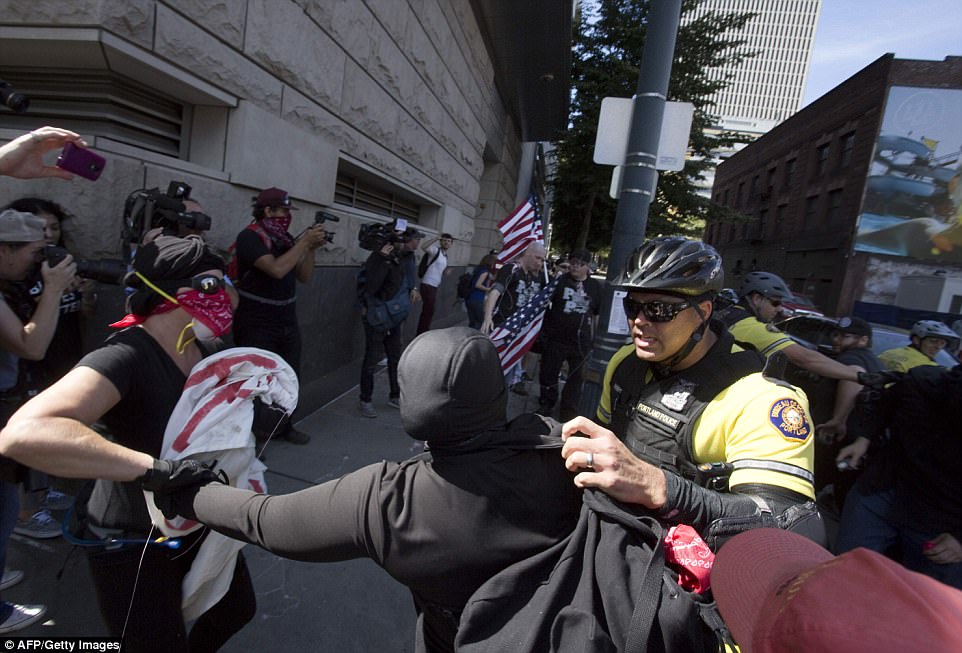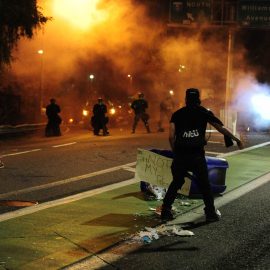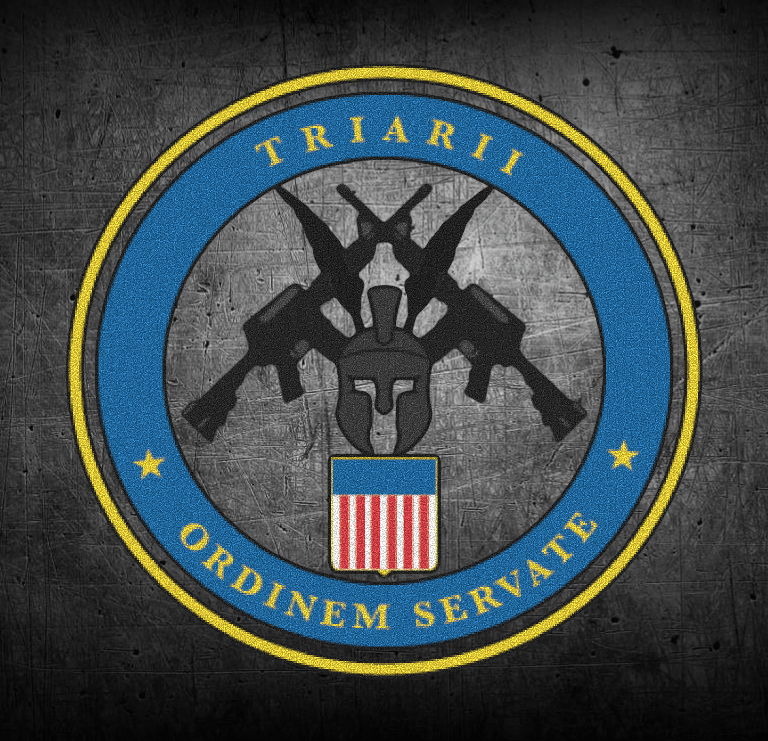As I’ve written before, writing about mercs or military NGOs provides a certain freedom of action in a storytelling sense that I don’t get with writing about regular military. Call it a certain degree of wish fulfillment (I’ve characterized some of my fiction as “shooter wish-fulfillment” before), but it helps telling the kinds of stories I want to tell without the pains of dealing with a lot of the red tape and crushing bureaucracy of the actual military. I knew going into Maelstrom Rising that a small, special-operations-centered PMC like Praetorian Security/Solutions wasn’t quite going to do the trick. So, The Triarii were born.
Setting the Stage Part 4

As the 21st Century has matured, the divide in the United States has gotten more and more pronounced. While in many ways it is tribal (simply look at what either major political faction will scream bloody murder about when they are the opposition, and then look the other way when it is done while their people are in office), there is a fundamental fracture in the fabric of American society. And that fissure is deepening. More and more voices call for the utter destruction of anyone who disagrees with them, no matter how petty or nonsensical the disagreement is. A side with more and more power is demanding that things that are more and more demonstrably false and counter-factual be held up as right, true, and good, and threaten the livelihoods, or the lives, of anyone who refuses. The fracture appears to be largely along political lines. But it has become much deeper than that, a cultural divide between people who assume the worst of each other, in some cases simply because of the color of skin. And the politicians and tech giants who make their millions use that divide more and more, stoking the fires of the mob for
Revolutions and Civil Wars

One of the themes I tried to explore a little in Lex Talionis is civil strife and out-and-out civil war. (The line between “revolution” and “civil war” is thin, murky, and often non-existent. A “civil war” ends up, much of the time, being a “revolution” that didn’t succeed right away.) Some of the reason for this was, admittedly, in reaction to not only some of the civil strife we’ve already seen on the streets of American cities (and out in the boonies, as well, with the Cliven Bundy bunch), but also some of the calls I’ve seen on the blogosphere and social media, on both sides of the political divide, for “revolution” or “let’s get the civil war over with already.”
